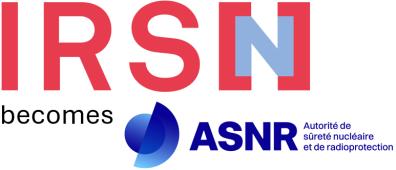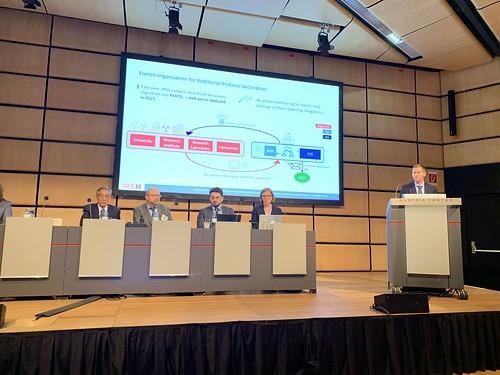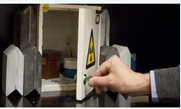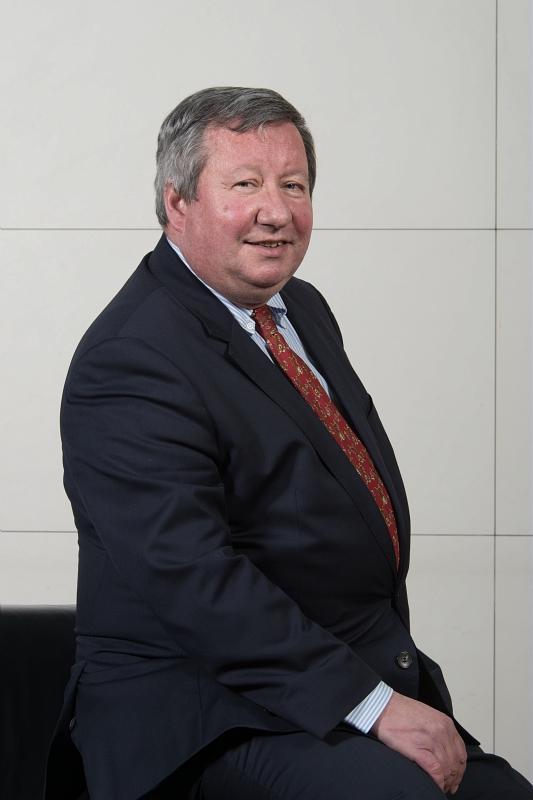Secure transport of radioactive material : IRSN assists the IAEA in Togo and Cameroon
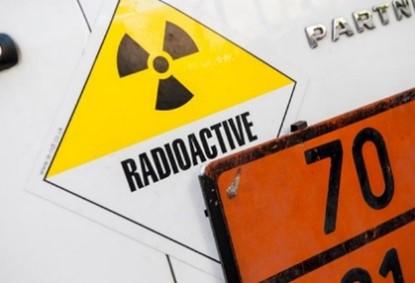
IRSN's cooperation with the IAEA in the field of nuclear security includes the transport of radioactive materials. In 2023, experts from the Institute provided support to the public authorities in Togo and Cameroon, either in drafting regulatory texts or conducting tabletop exercises.
In Lomé, the expertise provided by IRSN involved participation in a discussion led by various ministries (1), the safety authority, the country's internal security forces (2) and various private players (3) with a view to drafting a decree laying down safety and security measures for the transport of radioactive material in the Republic of Togo. Thanks to the quality of the discussions, a pragmatic draft decree was submitted to the Ministry of Health for consideration by the Presidency and the Prime Minister, taking into account the specific features of the transport operations carried out in Togo.
In Yaoundé, an expert from the Institute took part - alongside the safety authorities and representatives of the internal security forces of Cameroon, the safety authorities of Chad and those of Gabon - in a tabletop exercise on the security of radioactive materials during transport in Central Africa. 80% of the radioactive materials transported in this area are gammagraphy devices (for non-destructive testing), with the remainder being transported for medical use. The scenarios created for this exercise were divided into two parts: the first consisted in getting the sub-groups (by country) to think about the organization of transport under normal conditions, and the second consisted in getting the participants to play out the crisis scenarios.
For IRSN, this type of intervention on behalf of the IAEA is an opportunity to support countries that request the Agency in developing or consolidating a security culture in the transport of radioactive material, and to establish contacts with local contacts.
(1) Ministry of Health, Ministry of Foreign Affairs, Ministry of the Interior and Ministry of Defence.
(2) Gendarmerie, police, army, customs and fire brigade.
(3) Representatives of transport unions, air freight forwarders and the port of Lomé.
